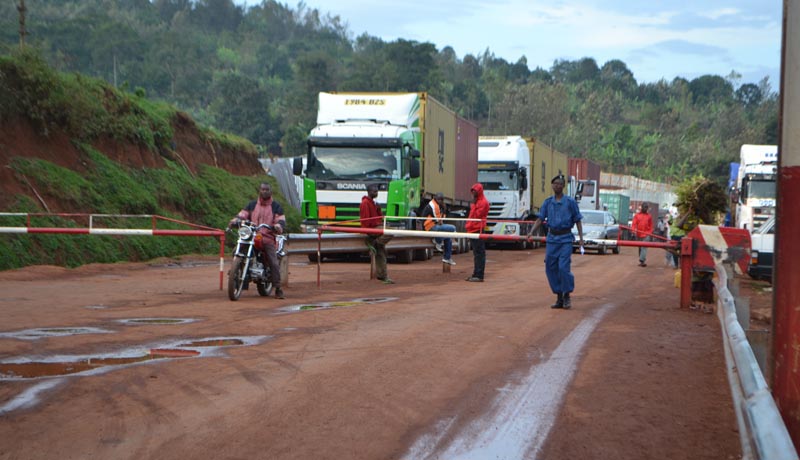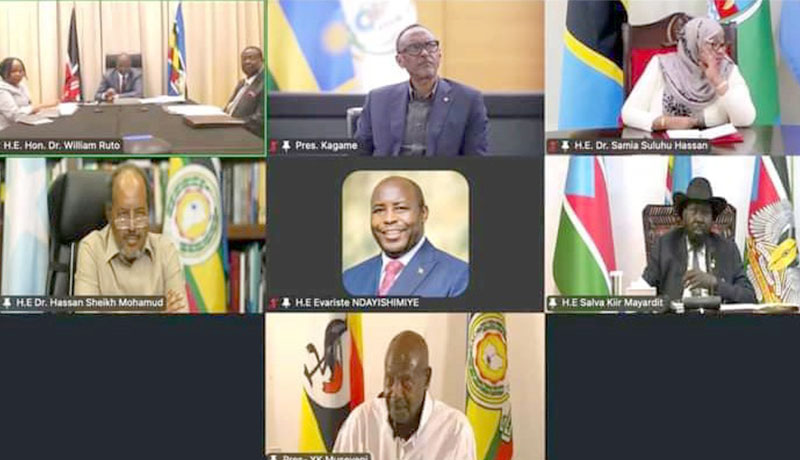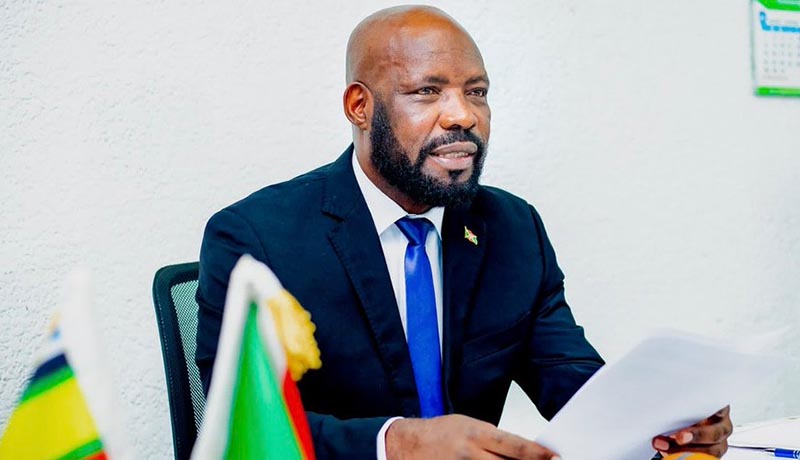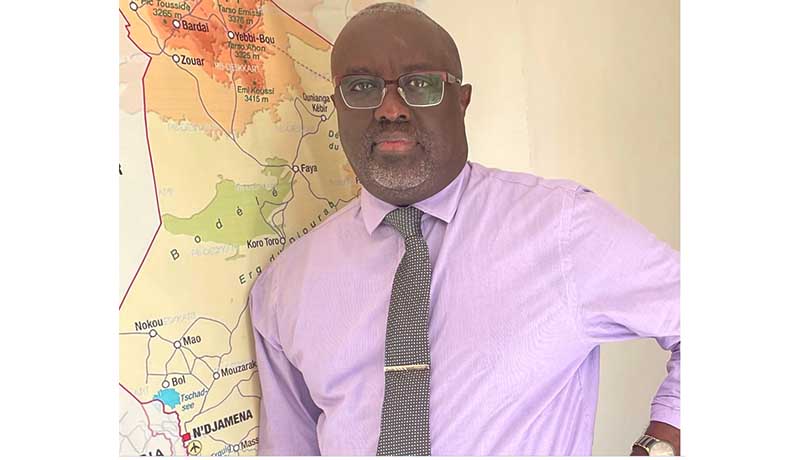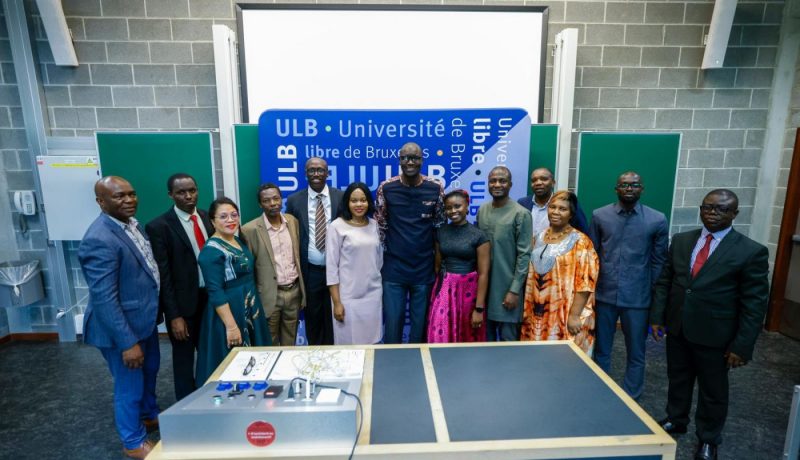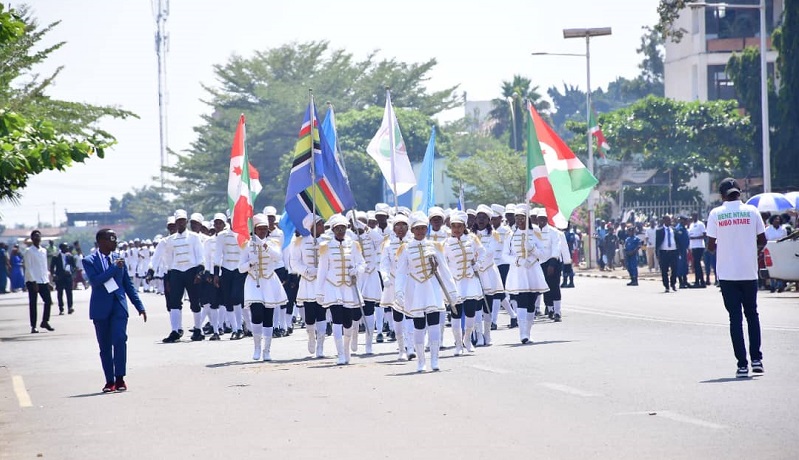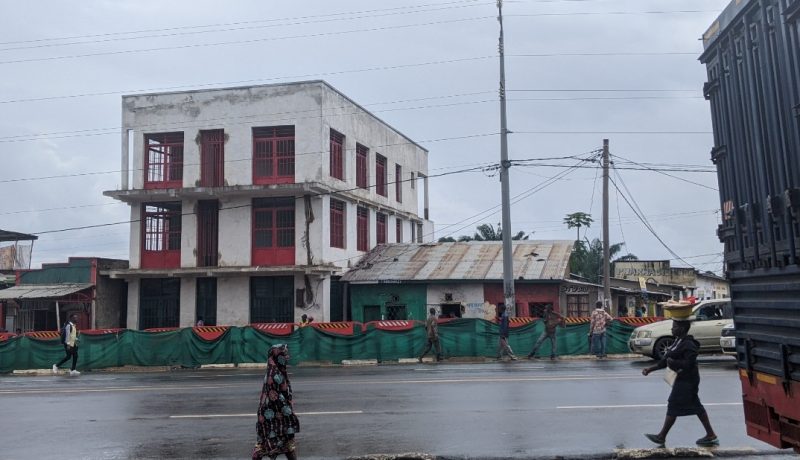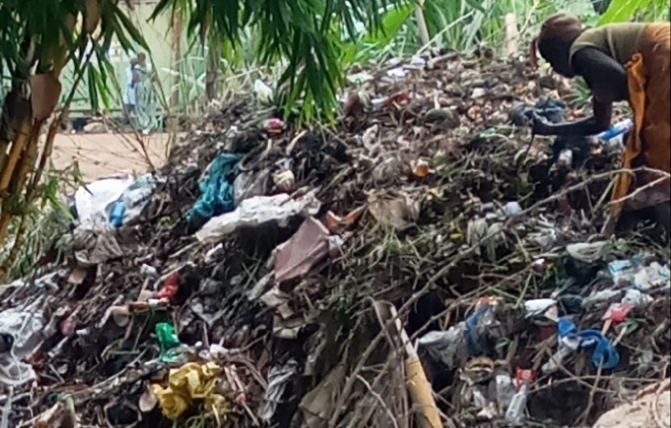Good pay, good working environment and getting new contact with new people are some of the advantages workers from the East African community are proud of in working in Burundi. Even if employment mobility brings more investment and expatriates, they ensure that sharing experiences brings more benefit from meeting challenges.
<doc5338|left>“In Kenya only competition is engaged. There are a lot of jobs and competition is high totally minded. After studies, everyone must be his own manager because he had been specialising in something which could generate his own income, » says Absalum Mukabame, a Kenyan printer who works in Imprilac printing. He has worked in Burundi for two years.
Kenya is the most advanced country, he adds, with a lot of printing companies; everyone has his own role and machine. The work is done more rapidly than in Burundi. “Burundians are lazy, they don’t want to work like Kenyans,” regrets Mukubame.
According to Isaac Ssepmya, Ugandan graphic designer in Imprilac, Burundi is a land of a lot of opportunities. “Good salaries, good working environment, sharing experiences with new people and getting also new friends are some of the advantages we target in working in the partner states of the community,” clarifies Ssepmya. “I am here since 3 months and for a specific job, graphic design, which isn’t taught in this country. As in common market, free movement of persons and goods are permitted, I try to share experiences with Burundians,” he adds.
<doc5344|left>The same thought is shared with Mukubame for who to be here means to share different ideas. “Burundi is landlocked. If EAC’s employees are here, the country benefits from investment and experiences that also lead the country to development,’ inserts Mukubame.
In Isaac Ssepmya’s views, the linguistic barrier is a crucial challenge faced by some EAC’s employees. “French language is the vehicular one used in different services in this country, when you try to look for something it is not easy but we try to get out of this issue, » informs Ssepmya.
For him, employment mobility brings more expatriates and investment but employers should care for their employees and secure them. “To share experiences with other partner states is very important into the integration of any country. For instance, in Uganda, there are Burundian French teachers. This means, everyone is applied in what is able to do. Hence, we must open the window, and see what happens on the other side of the world,” notices Ssepmya.
“EAC’s employees are the most experienced”
According to Theodore Banteye, the manager of the Imprilac printing company, the EAC’s workers are the most preferred in different manufactures. “They work hard even if the week ends. They don’t consider additional times. Unfortunately, Burundians like more money than working,” insists Banteye. Besides, he says, EAC’s employees are the most advanced in technologies’ experience than Burundians.
Banteye’s opinion is shared by Pascal Niyonizigiye, a Professor at University of Burundi and a specialist in international cooperation.
“By socio-cultural indicators, the situation of other partner states reached a higher level than our country. Some employers prefer the EAC’s employees because they are most experienced and experimented than Burundians. Furthermore, mastering the English language is also the most considered,” explains Niyonizigiye.
As the employment mobility is at the beginning, he inserts, facilitating the training level cooperation under the region could raise it. “As it is stipulated in the treaty for the establishment of the East African Community, to share experiences could be the best way to resolve some challenges,” mentions Niyonizigiye.
With the common Market, he reminds, employment mobility is going to increase Burundi’s integration even if there are a lot of things to be harmonised and put together in the EAC region.
